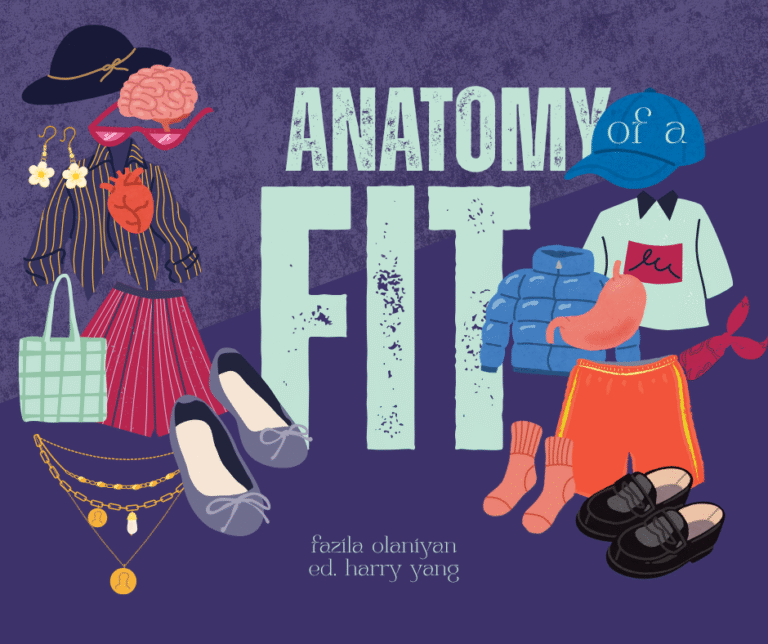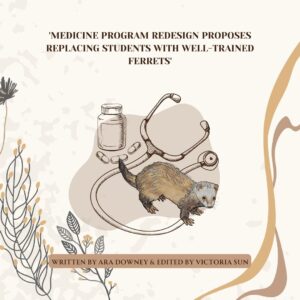
by BRI WATTS
As I write this piece, I’m listening to music. My justification is that it helps me to focus, keeps me on task and makes the work I’m doing more interesting. I’ve tried this excuse with parents, teachers and friends all throughout my study and I’ve received very mixed responses. So, the question is, does listening to music help or hinder study?
To find the answer, I did what any good medical student who paid attention in QMP lectures would do (Ok, maybe I didn’t develop a PICO or do a Systematic Review, but at least I’ve graduated from Wikipedia). One interesting study appeared in The Psychology of Music. According to the paper, reading uses either a large amount of cognitive resources relying on automatic processes such as letter identification, or attention demanding processes such as inference generation. Music also involves structured input to understand its meaning over time. As such, whilst reading and music both place demands on the mind, whether these demands compete is up for debate.
The investigators had two hypotheses – the ‘cognitive capacity’ and ‘arousal mood’. Cognitive capacity argues that we have a limited pool of resources that must be distributed amongst all our cognitive processes at any point in time. When too many tasks compete for our limited brain power, only part of the task information can be processed and our performance begins to deteriorate; much like if you’re trying to read articles for your literature review while listening and trying to learn the lyrics to Cardi B’s latest track. The arousal mood hypothesis however argues that music listening affects task performance by influencing our arousal and mood, so that by listening to a favourite song, you may have an improved mood which is associated with cognitive motor benefits. It’s a “pros vs cons” situation.
Does enjoyment outweigh distraction on the study quality scale?
The study consisted of 25 undergraduate students aged 17-26 years given four random reading comprehension tests to be completed whilst listening to Mozart’s Sonata for Two Pianos in D major. The song was played four different ways, each varying in tempo and intensity. Findings showed that fast, loud music is more likely to disrupt reading comprehension, possibly by consuming more of the listener’s finite attention resources as it is harder to ignore. Slow, soft music had no significant detrimental effects on reading and comprehension. This may be because slower music allows for continuous recovery from ‘acoustic interference’, allowing our brains to comprehend what we are reading. However, the authors were curious about whether these findings would translate to other music genres and what impact the use of vocals and changing the task at hand would have.
Several other studies showed that extroverts performed comparatively better than introverts in recall tests after being given the same music to listen to, and were just generally less noise sensitive. Another study showed that vocal music disrupted study significantly more than instrumentals, and both vocal and instrumental music were more disruptive than no music. However, while those who typically did not study with music showed deterioration in concentration when music was played, those who typically did study with music showed no significant improvement in performance without music.
So, it appears that like many things in Medicine, the jury is still out. For now, I’ll continue to place my faith in Spotify’s playlists, but perhaps switch Migos for Mozart. That is, until one of you takes this topic on for an ILP and finds out the answer for all of us!












































































































